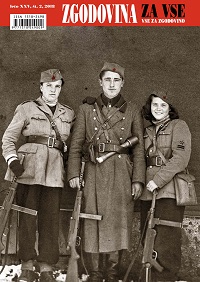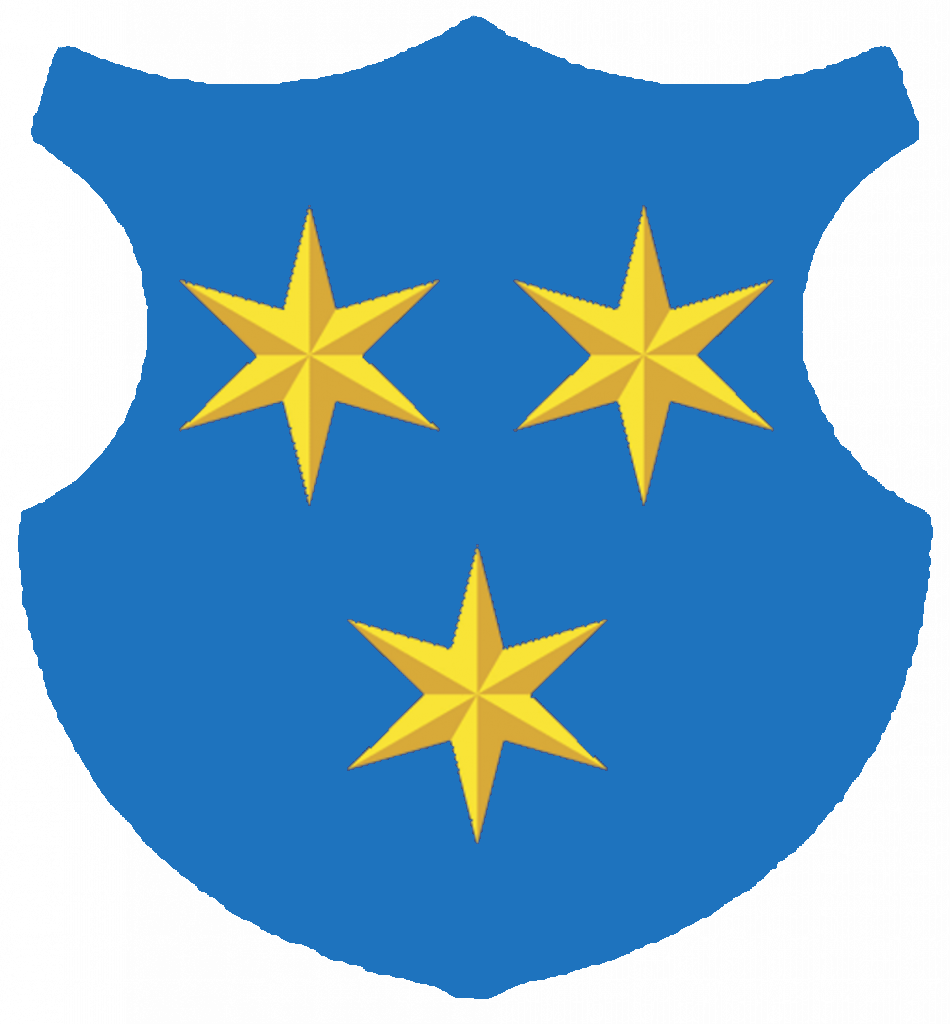|
|
WE, THE POTTERY MASTERS AND APPRENTICES IN THE MARKET TOWN OF LJUTOMER A BROTHEL DRAMA IN LATE-IMPERIAL AUSTRIA: THE RIEHL TRIAL ON THE SEXUAL FRONT “HONEST MEN, WHAT WOULD YOU LIKE TO EAT: ČOMPE OR POLENTA?” AFŽ OR “A COMPLETELY RUINED WOMAN!” “HE WAS AN EXEMPLARY TEACHER, ESTEEMED BY SLOMŠEK HIMSELF”
|
 |
Aleksander ŽIŽEK
WE, THE POTTERY MASTERS AND APPRENTICES IN THE MARKET TOWN OF LJUTOMER
Ljutomer potters frequently struggled with their nosy neighbors from Ormož, who had cleverly expanded their guild’s territory on numerous occasions, including the number of shops (masters), to the detriment of their neighbors from Ljutomer. Conflicts between the two sides often erupted because of product sales at fairs and Kermesses – particularly in the neighboring settlements of Sv. Tomaž, Sv. miklavž and Kog (at Sv. Bolfenk), which both guilds claimed belonged to them. The symbolic “weight” of the town of Ormož against that of the market town of Ljutomer also played a role in their kerfuffle.
Nancy M. WINGFIELD
A BROTHEL DRAMA IN LATE-IMPERIAL AUSTRIA: THE RIEHL TRIAL
The celebrated trial of forty-six-year-old Regine Riehl, a brothel keeper of Jewish origin, who was charged with crimes associated with the operation of her establishment, opened in Vienna on 2 November 1906. Residents of the imperial capital, and other people throughout Austria followed the proceedings with great interest. The Riehl affair drew public attention to prostitution and produced pressure in the capital to reform abuse in the system of regulation. The trial remained a point of departure for subsequent debates about the utility of regulating prostitution for the duration of the Monarchy, influencing change in the rules governing regulation of prostitution throughout Austria. Despite its drawbacks, however, many police and other officials remained convinced that the alternatives to tolerated prostitution would be even less effective.
Tamara SCHEER
ON THE SEXUAL FRONT
Beograd, Cetinje and Lublin under austro-hungarian occupation during World War I
Austria-Hungary occupied Serbia (1915-1918) and Montenegro (1916-1918) during the First World War. This article explores the attitude of the occupiers towards prostitution and venereal disease among the indigenous population as well as among their own soldiers, officers, and female support staff. For the military, the occupied areas were zones that served purposes, such as preserving peace and order behind the front, making use of manpower and resources, and serving as cordon sanitaire. Despite this, pseudo-peace-like structures evolved in the capitals Belgrade and Cetinje that facilitated the spread of prostitution and venereal disease. I look at the scale of the debate and of the proposed countermeasures. The topic also received publicity, because the military physicians chose to publish regularly on the topic. Based on the microcosm of occupied enemy territory, my contribution shows how ideas of morality changed during the war despite traditional gender stereotypes, and the role played by the military in these developments.
Jernej KOMAC
“HONEST MEN, WHAT WOULD YOU LIKE TO EAT: ČOMPE OR POLENTA?”
Everyday Provisions in life behind the front line in the Bovec region between 1915 and 1917
The outbreak of the war between Austria-Hungary and Italy dramatically changed the lives of people on the border with italy. Only three towns remained partly populated in the Bovec area after the evacuation from the war zone. Life in this area became immensely difficult between 1915-1917 because the military had commandeered all usable areas in the hinterland, and the population had to be resourceful to survive with their traditional farming habits. The defining feature of life during the war was food scarcity. Some people relied on government support; others thought of alternative ways to survive. Various forms of trade formed part of everday life in the Bovec hinterland. Regular interaction between the military and civilians in some cases touched on the intimate sphere. Warnings and bans were in vain, and many illegitimate children were born. Life in the hinterland thus mostly revolved around the supply chain, which often separated life from death.
Tjaša KONOVŠEK
AFŽ OR “A COMPLETELY RUINED WOMAN!”
Morality and the National Liberation Front movement during World War 2
The National Liberation Front movement included both men and women. In order to succeed, it had to gain support among the masses. The masses supplied it with food, clothing and information. The majority of the population in Slovenia was expressly conservative at the time. It was necessary for the Liberation Front to become acceptable to the majority, despite its socialist and revolutionary ideas. The Front did that by incorporating traditional patterns into its operations. The article will focus on the practice of separating men and women fighters in military units and the meetings dedicated to criticism and self-criticism. The conservative elements of the National Liberation Front movement decisively stabilized society at the end of the war.
David VIDMAR ČERU
“HE WAS AN EXEMPLARY TEACHER, ESTEEMED BY SLOMŠEK HIMSELF”
Peter Musi and his influence on Šoštanj
Šoštanj has a rich history, owing to the many famous persons who were born or who worked in this town. In addition to the Vošnjak family, the Fran Mayer family, the famous and prize-winning gardener Alojz Kojc, sculptor Ivan Napotnik and poet Karl Destovnik-Kajuh, it is necessary to mention Peter Musi (1799-1875), famous teacher, librarian, writer and savings-bank owner, who had a major influence on the cultural development of Šoštanj and later on the work of the Vošnjak brothers. Over 140 years have passed since his death, so the article will build on fragments to try and reconstruct Musi and his life.
